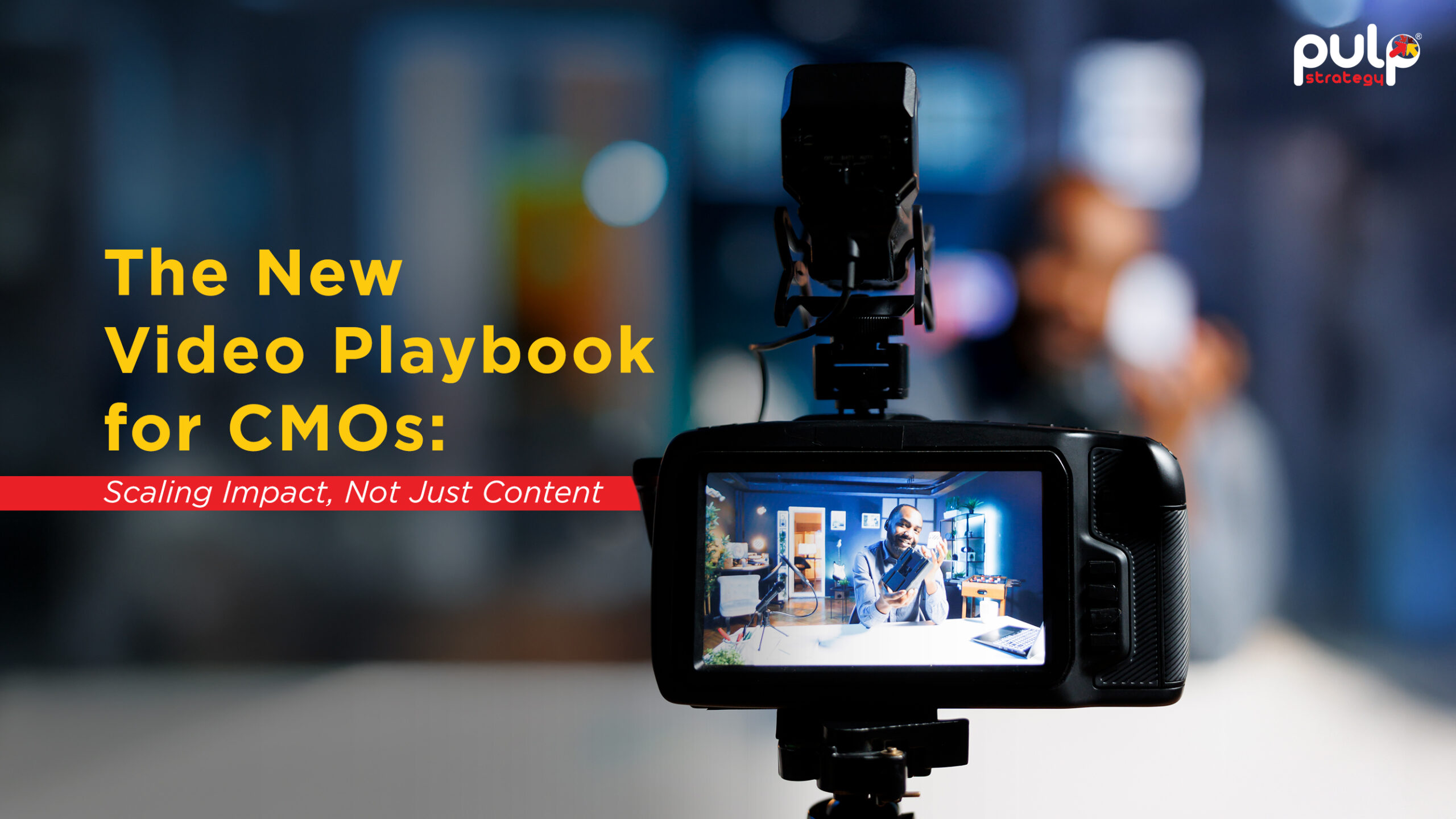In today’s hyper-digital landscape, MarTech is no longer just a set of tools—it’s the backbone of effective marketing strategy. With evolving data privacy regulations like India’s Digital Personal Data Protection (DPDP) Act, 2023, and rising consumer expectations for personalization, CMOs must shift focus to building robust MarTech ecosystems that drive results while ensuring compliance and audience trust.
This article explores MarTech’s strategic importance, common challenges, and actionable insights for CMOs to stay ahead in 2025.
Why MarTech Is Critical in 2025
Data Privacy and Owned Ecosystems
With stricter regulations under the DPDP Act, 2023 and its forthcoming rules, brands without a MarTech framework risk falling behind. The emphasis on owned platforms has never been more critical. For CMOs, creating robust ecosystems ensures better data management, compliance, and direct engagement with audiences.
Key Takeaway for CMOs: Build and prioritize owned assets such as personalized websites, robust CRM systems, and first-party data strategies to reduce dependency on third-party platforms.
MarTech Made Simpler: A Modern Solution
MarTech need not be complicated. With improved tools and AI-powered platforms, setting up and operationalizing MarTech systems has become faster and more efficient. AI simplifies segmentation and personalization, enabling brands to launch campaigns quickly without extensive time or resource investments.
Once implemented, analytics and continuous process evolution enable a MarTech system uniquely tailored to your brand and audience, creating a foundation that grows with your business needs.
CMO Takeaway: MarTech solutions today are accessible and scalable. Focus on tools that simplify segmentation, personalization, and evolution, allowing your brand to stay agile and impactful.
Crafting Customer-Centric MarTech Strategies
1. Email Automation and Personalization

B2B brands, in particular, can no longer rely on generic communication. Email automation paired with personalization drives better engagement and higher ROI by addressing customers with tailored content.
Example: A robust CRM integrated with marketing automation can segment audiences by behavior, geography, or purchase history, enabling hyper-targeted campaigns that convert.
CMO Takeaway: Invest in automation that aligns with your audience’s journey, from nurturing leads to upselling existing customers.
2. Website Personalization for All Brands

Websites are more than just digital storefronts—they’re dynamic platforms for customer engagement. Personalization here is key. From tailored content to location-based recommendations, brands must deliver experiences that resonate.
Example: E-commerce platforms using AI to recommend products based on browsing history and preferences drive higher conversions.
CMO Takeaway: Make your website a strategic asset
that evolves with consumer needs, offering personalized and seamless navigation.
3. Interactive and Immersive Technologies

MarTech innovations like augmented reality (AR) and virtual reality (VR) are helping brands stand out. These tools create engaging, immersive experiences that captivate audiences and build lasting impressions. By offering interactive campaigns, brands can spice up their content strategy and combat creative or ad fatigue.
Example: IKEA’s Place app uses AR to allow customers to visualize furniture in their homes before purchase. This immersive experience enhances customer confidence and drives sales.
CMO Takeaway: Leverage AR and VR to create memorable and engaging experiences that deepen customer connections while differentiating your brand from competitors.
4. WhatsApp for B2C Brands

WhatsApp has emerged as a vital channel for direct consumer engagement. Its immediacy and familiarity make it a game-changer for B2C brands seeking real-time connections.
Example: Retail and FMCG brands using WhatsApp for customer support, order updates, and personalized promotions have reported higher engagement rates.
CMO Takeaway: Integrate WhatsApp into your MarTech strategy to streamline communication and build lasting customer relationships.
5. AI-Powered Solutions Like Yukti

AI is no longer just a buzzword—it’s a strategic enabler. AI humanoids like Yukti streamline customer interactions, automate repetitive tasks, and provide actionable insights in real time.
Example: Brands leveraging AI to handle customer queries, schedule appointments, and offer personalized recommendations have reduced costs while enhancing customer satisfaction.
CMO Takeaway: Explore AI solutions to improve efficiency, enhance customer experience, and gain a competitive edge in your industry.
Sensitivity of Implementation
The success of MarTech lies not in the tools but in how they are implemented. For CMOs, the focus must shift to creating an integrated strategy that aligns with customer expectations and business goals.
1. Compliance with Privacy Regulations: Ensure your MarTech stack adheres to data privacy laws like the DPDP Act, 2023, minimizing risks while maintaining transparency with consumers.
2. Customer Trust and Transparency: Be upfront about how data is collected and used. A transparent approach builds trust and ensures better customer retention.
3. Agile Execution: MarTech is not a one-size-fits-all solution. Regularly evaluate and adapt your strategy to meet changing consumer behaviors and regulatory landscapes.
CMO Takeaway: MarTech is a strategic enabler, not a quick fix. Focus on integrating tools that align with your brand’s goals while ensuring ethical data practices.
The Future of MarTech
Looking ahead, MarTech’s evolution will be driven by AI advancements, deeper integration, and ethical marketing practices. The future promises even greater capabilities in automation, personalization, and customer engagement. However, brands must address growing privacy concerns and foster trust to remain competitive.
Key Trends to Watch:
Ethical Marketing Practices: Transparency and ethical data usage will become competitive differentiators.
Deeper Personalization: AI will enable more granular personalization, but relevance must balance privacy concerns.
Omnichannel Strategies: Seamless integration across platforms will remain crucial as audiences engage with brands on multiple touchpoints.
Sustainability in MarTech: As consumers demand eco-conscious practices, incorporating sustainability into MarTech strategies will resonate with values-driven audiences.
Final Thought
MarTech today is both a strategic necessity and a growth driver. With the right tools and thoughtful implementation, CMOs can create meaningful, compliant, and impactful customer experiences. From AI-powered personalization to immersive technologies, MarTech is reshaping the marketing landscape, offering brands the tools to thrive in a competitive, digitally-driven world.
By staying ahead of trends, addressing compliance requirements, and continuously evolving their strategies, CMOs can leverage MarTech to drive meaningful connections, improve ROI, and future-proof their brands for 2025 and beyond.







